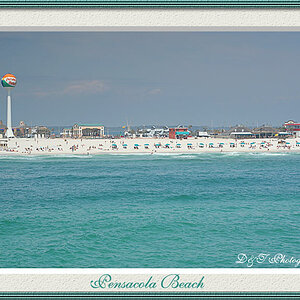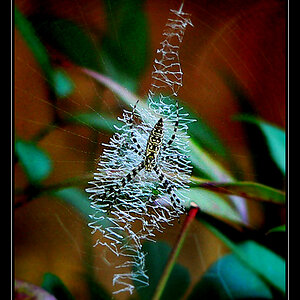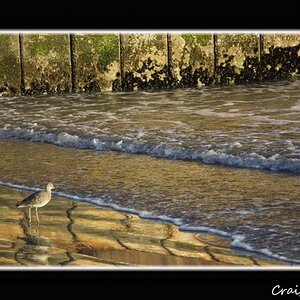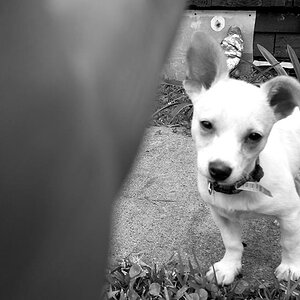- Joined
- Apr 9, 2009
- Messages
- 41,401
- Reaction score
- 5,706
- Location
- Iowa
- Website
- kharrodphotography.blogspot.com
- Can others edit my Photos
- Photos OK to edit
Thanks for pointing out my errors so I can provide better info next time.What does this have to do with anything related to what Kathy asked? That's known as an 'aside'.
If you don't mind yesterdays technology. The D200 is also known for being rather limited when compared to newer models. It uses a CCD sensor which isn't known for its high ISO performance. But the price is good right now because it's a dead product and Nikon has moved on to the much improved D300.Bestbuy.com has Nikon's D200 on special right now (online orders only) for only $600. When this camera was first released it cost nearly $2000. This is probably the best camera deal in America today.
You say this like Canon doesn't make a metal bodied camera. The Nikon D40, D60, D80, D5000 and D90 are all plastic bodied and are just as likely to be broken if dropped. But then have you dropped a D200 lately? Are you saying you can drop a D200 and not break it? In the Canon line, only the Rebel models are plastic, everything else is magnesium framed. My bad I wasn't clear I was refering to the XS and XSi.
No, you don't. Using Speedlite's, Canon can easily trigger remote flashes without the need for wireless triggers. The CLS system has more features, but you misrepresent what the Canon system can do. Learn something new everyday. More research.The D200 has Nikons built-in off camera flash triggering system CLS. With the Canon camera's you have to buy remote triggers to do the same thing.
The D200 is a good buy right now, that's for sure. You can say it's a great deal on an older model without spreading misinformation about other brands though.My suggestion is to take a good look at the D200. Bestbuy keeps moving the price of the D200 between $600 and $680.


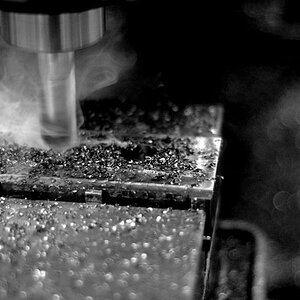
![[No title]](/data/xfmg/thumbnail/37/37488-1946adf246ec6e047915c668d3dcff15.jpg?1619738111)

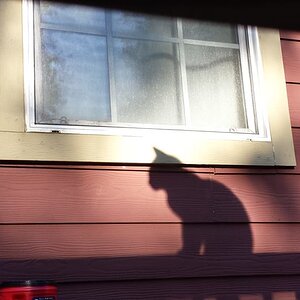
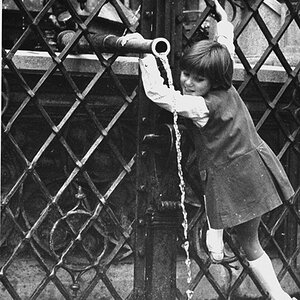
![[No title]](/data/xfmg/thumbnail/37/37636-e02c7efccb426a8951ed97a37c0f9307.jpg?1619738157)
